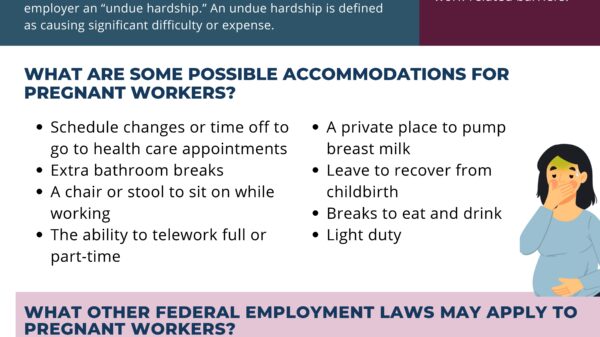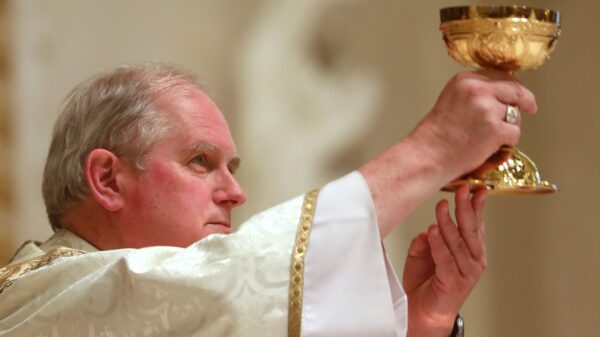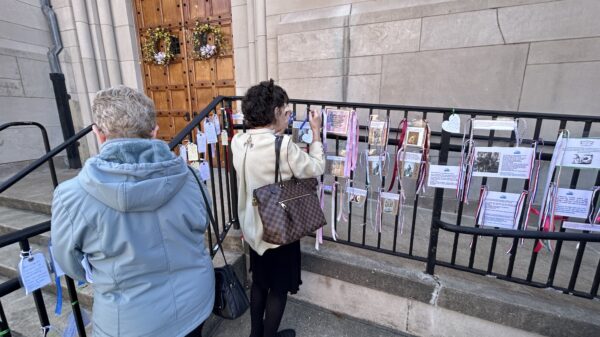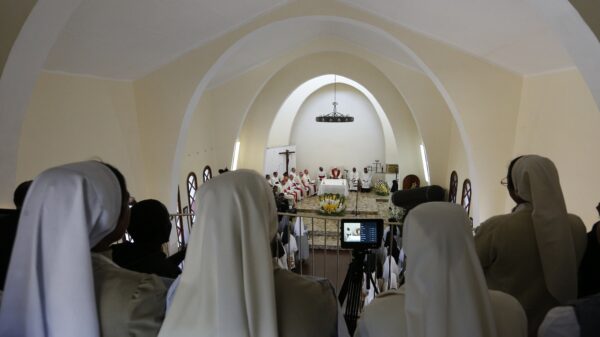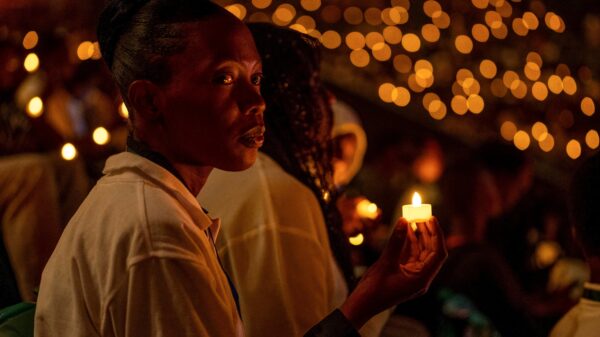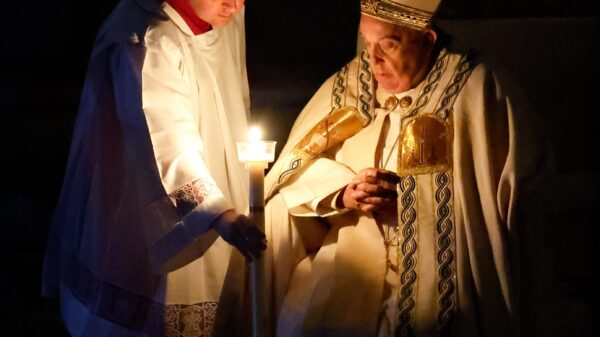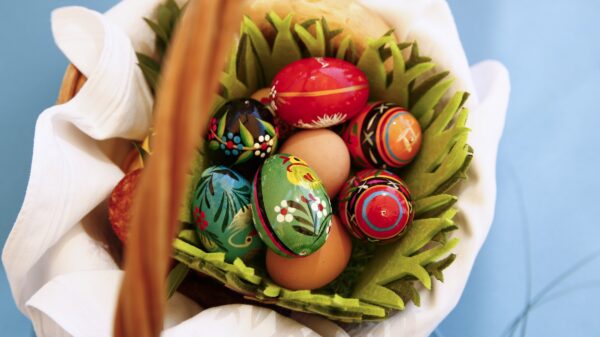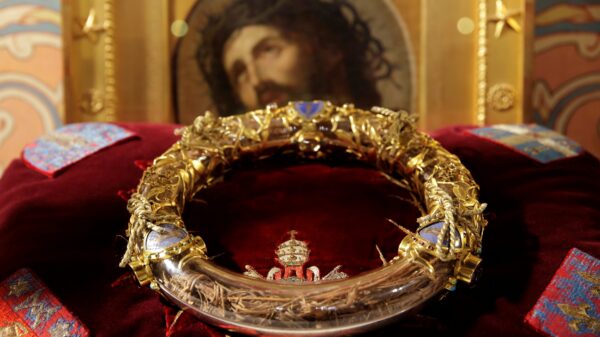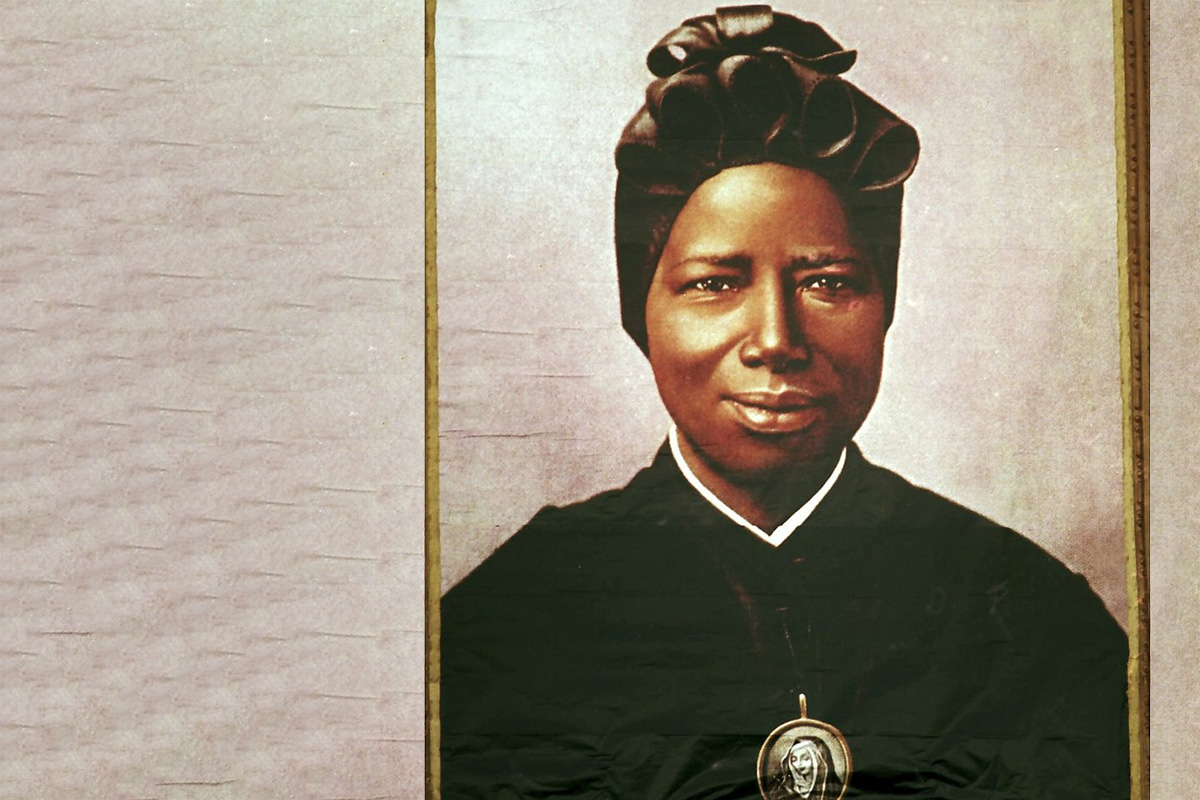When she was canonized by Pope St. John Paul in 2000, Josephine Bakhita immediately became the patron saint of survivors of human trafficking.
Even a cursory read of her story more than explains why. Kidnapped from the Sudanese village where her father was a chieftain and ironically renamed “Bakhita” (Arabic for the “lucky” or “fortunate” one) by her captors, Josephine endured such sustained trauma that she eventually forgot her own name. Living in enslavement as both child and adult, Bakhita suffered through unspeakable physical abuses, including a horrific and repeated branding ritual where flour and salt would be rubbed into open wounds created by whips or sharp, thin blades. In a life of long suffering, she once said these memories were “the most terrifying” to recall.
She was bought and sold five times, the last being to an Italian vice consul, Callisto Legnani, who eschewed corporal punishment and who apparently treated Josphine humanely enough that when he was required to return to Italy she begged to be taken, too. In Italy, Legnani gave Bakhita over to the wife of a friend, who assigned her nursemaid duties over a young daughter. When, after several years, the woman found it necessary to return to Sudan, she put both child and nanny into the care and keeping of the Canossians sisters in Venice, where Bakhita had her first encounter with Christianity. In Roberto Italo Zanini’s book, “Bakhita: From Slave to Saint” (Ignatius Press, 2013), she is quoted as saying that these sisters “instructed me with heroic patience and introduced me to that God who from childhood I had felt in my heart without knowing who He was.”
Eventually declared a free woman through a ruling by the Italian court, Bakhita was baptized and confirmed as “Josephine Margaret” on the very same day, deciding to remain with the Canossian sisters, whose community she eventually joined. Living mostly at the Canossian convent in Schio, not far from Milan, she worked as a seamstress and doorkeeper, which brought her into close contact with the local villagers. It was these men and women who, upon her death in 1947, extolled Josephine’s sanctity.
Writer Sarah Robsdottir dedicated her recently published Young Adult novel “Brave Water” (Voyager Comics and Publishing, 2022) to Josephine Bakhita. The story tells the harrowing tale of a character not unlike the saint, a young female who is kidnapped from her African village while gathering water but manages, with help, to battle her way to freedom.
In an email interview, Robsdottir, who is Catholic, said she first became aware of the evils of human trafficking when a flyer arrived in her mailbox a decade ago. “It described the difficulties teenagers in developing nations face in order to acquire clean drinking water and how young girls between the ages of twelve and fifteen are often targeted by human traffickers while on their way to the springs. I locked eyes with the girl on the cover of the flyer, and knew I had to tell her story.”
Though the book is not based specifically on Bakhita’s story, Robsdottir shared that between her initial ideas for the book and its eventual publication, “I did a lot of research on human trafficking, and I read and reread ‘From Slave to Saint’ and sought St. Josephine Bakhita’s intercession over the project.”
The author has pledged at least 25% of the proceeds from “Brave Water” to charities that fight human trafficking. “Presently my ‘go-to’ organization is Cross Catholic Outreach (CCO), which fights human trafficking and also drills wells and cultivates job opportunities for those in need,” she said.
Robsdottir’s efforts are not merely material, but also spiritual. “I realize how limited I am in raising awareness about this grave evil through my book and social media, and how little money I actually have to donate,” she added, “so I take great comfort in praying the ‘Hail, Holy Queen’ every day. I trust in the powerful intercession of Our Lord’s Mother in the lives of my brothers and sisters in chains.”
Elizabeth Scalia is culture editor at OSVNews.com.


